
A place for stories about chronic illness, disability, mental health, and neurodivergence.
disability
-
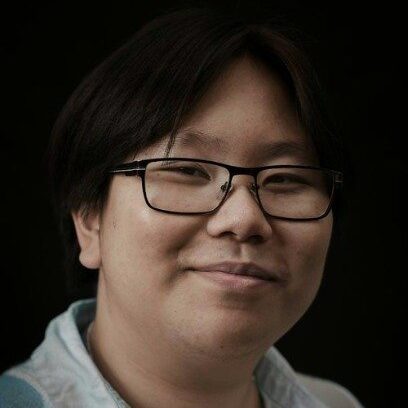 By Allison Stalberg Siebens
By Allison Stalberg SiebensWe spoke with debut novelist Quinton Li about their novel Tell Me How It Ends, writing a series, and their queer and neurodiverse cast of characters.
-
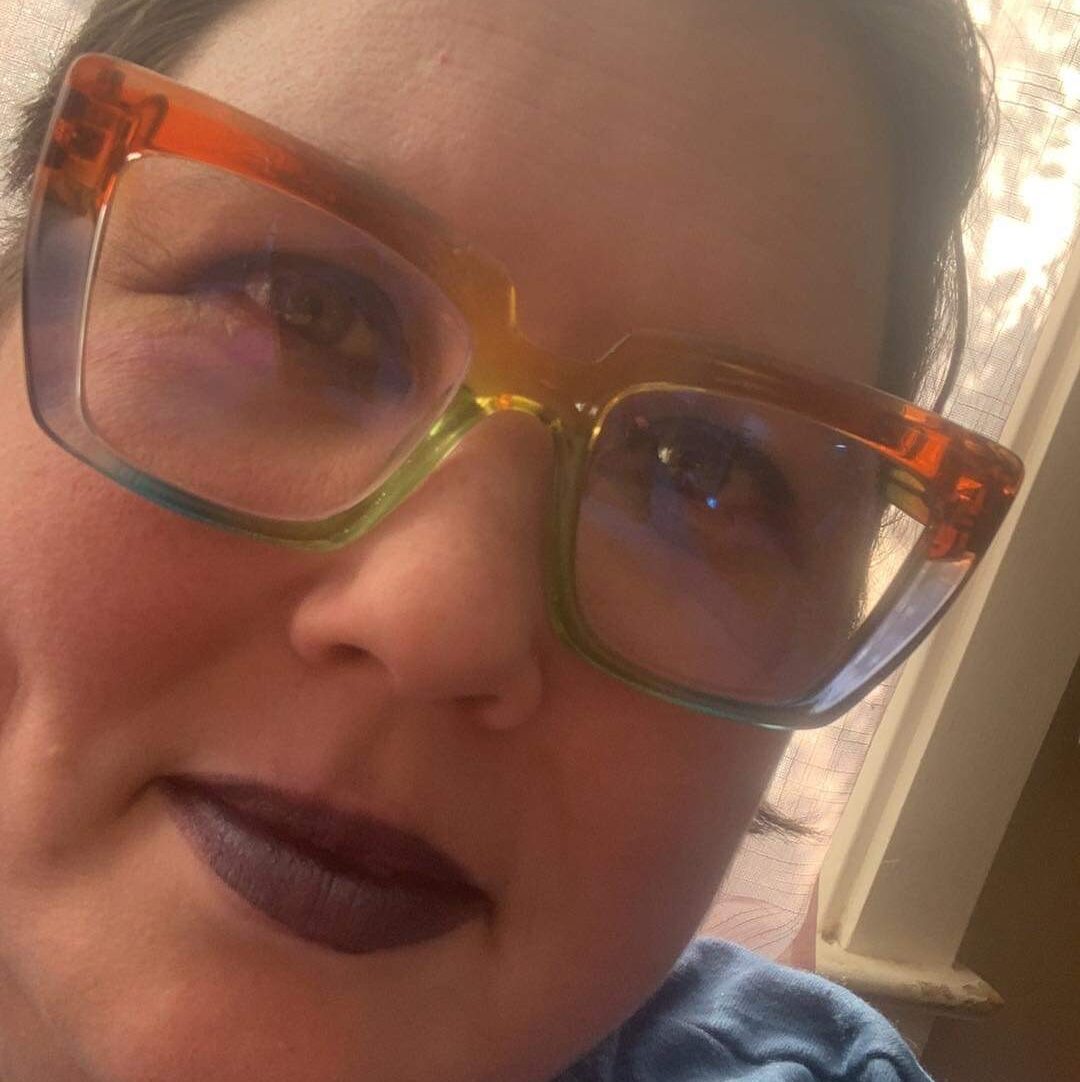 By Elise Scott
By Elise ScottFinding someone with shared experiences is everything. In their new poem, The Apocryphal Horseman, Elise Scott writes about their relationship with their friend, April.
-
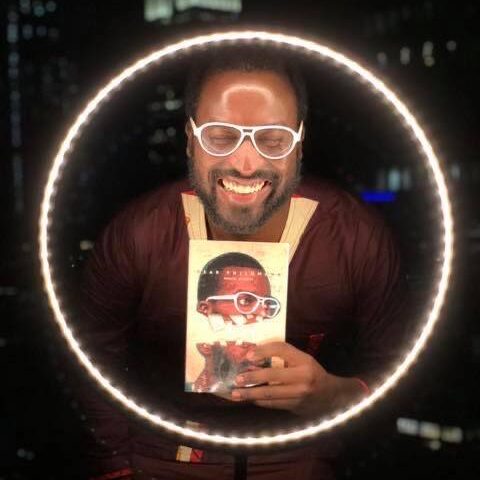 By Mugabi Byenkya
By Mugabi ByenkyaHopelessly Romantic is a disabled love poem set during the pandemic by award winning author Mugabi Byenkya.
-
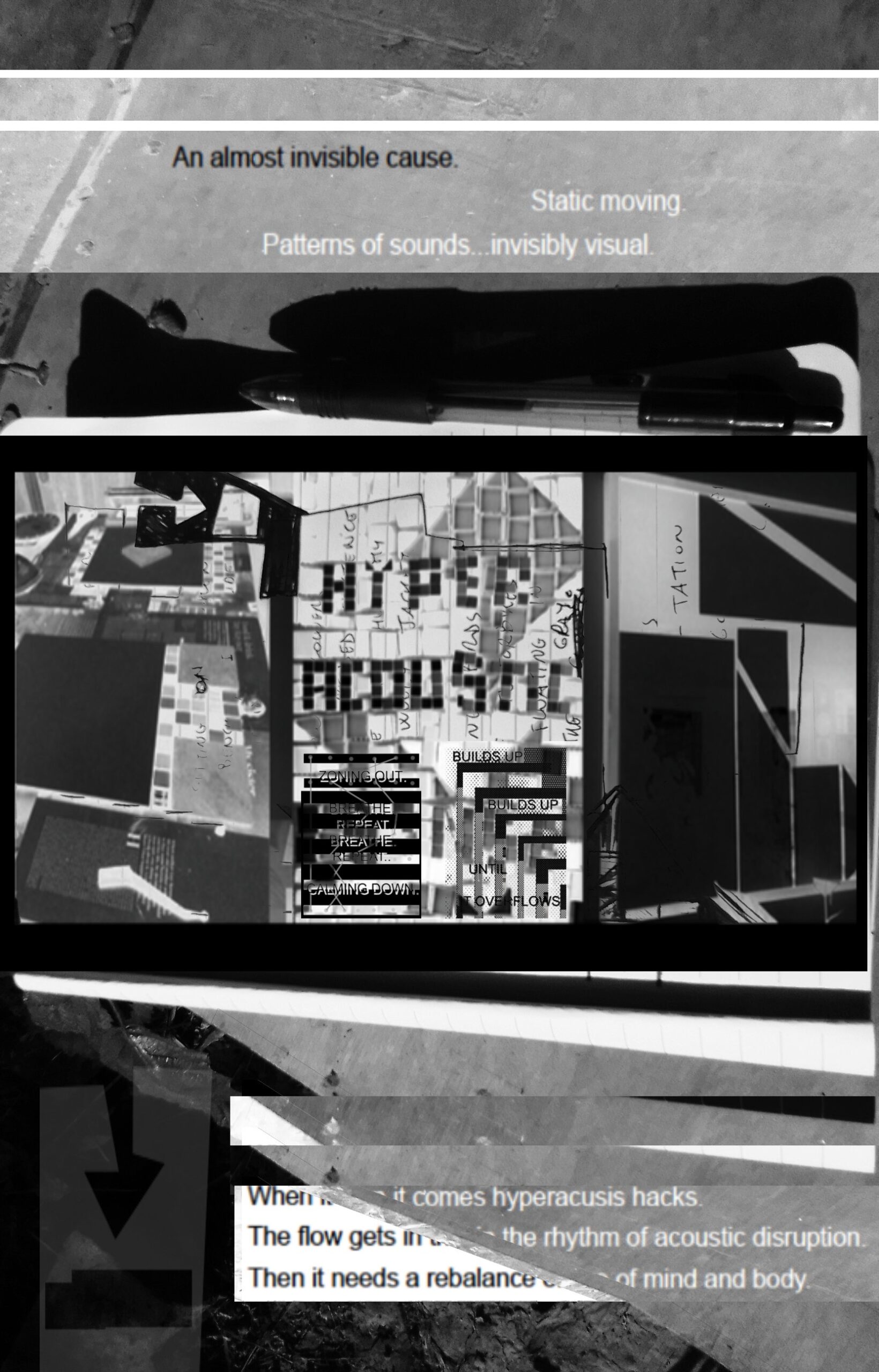 By Luca M Damiani
By Luca M DamianiLayers of Hyper Acoustic Pain by Luca M Damiani uses the artist’s writing, artworks, and photography based on his own disability, showing layered moments of invisible sensory disorder.
-
 By Allison Stalberg Siebens
By Allison Stalberg SiebensMemoirist and magical realism author Mugabi Byenkya writes for themselves. Or, more accurately, the angsty, confused, Black, Ugandan-Rwandan-Nigerian, disabled, queer, polygender, and neurodivergent little human they used to be and still are.
-
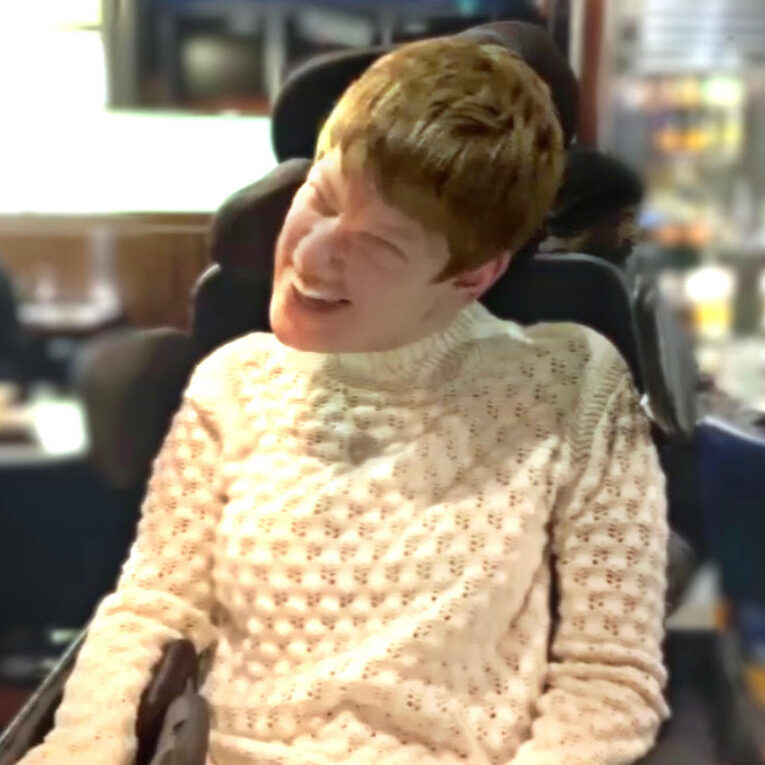 By Julie Weissman-Steinbaugh
By Julie Weissman-Steinbaugh“The average able-bodied stranger, though, only notices the ways my body is different from theirs.” In her essay, Lessons in Belonging, Julie Weissman-Steinbaugh details her experience growing up with cerebral palsy.
-
 By Mugabi Byenkya
By Mugabi ByenkyaIf a loved one infringed on one of your most private moments for their own curiosity, how would you respond? That’s what author and poet Mugabi Byenkya writes about in their poem, Seizure #774, which takes place during a seizure.
-
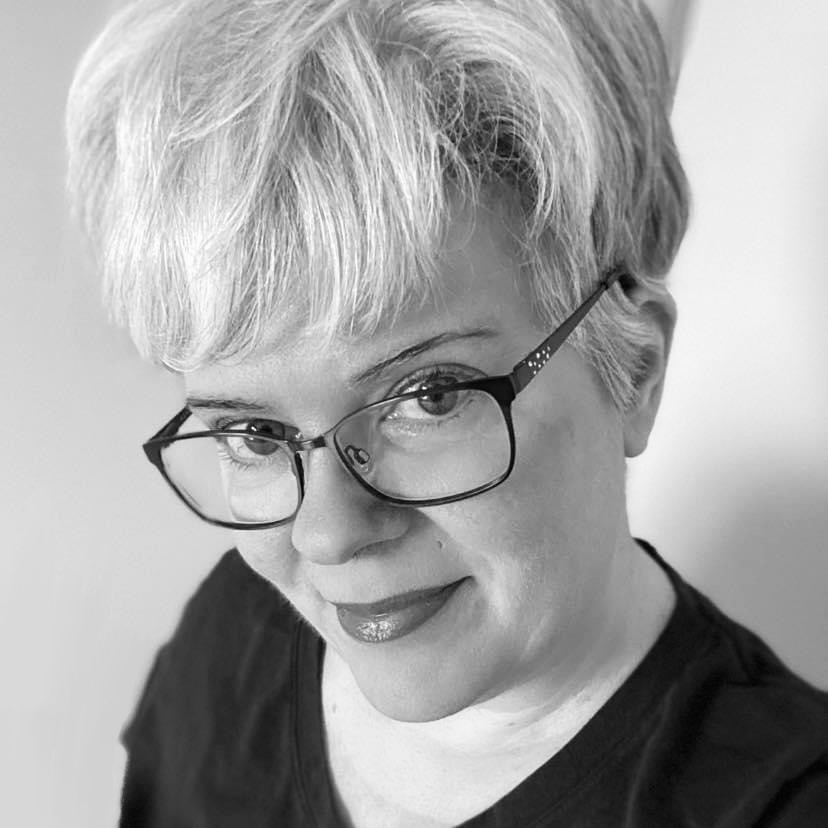 By Cait Gordon
By Cait GordonIt’s the end of the world. Then again, we Spoonies have always been able to adapt. While the non-disabled, richest one percent were hidden underground in bunkers during the catastrophe, a network spearheaded by a disabled woman had secretly gathered to protect the most disregarded of the population.
-
 By Jamieson Wolf
By Jamieson Wolf“We were friendly with the dark.” So begins Jamieson Wolf’s To Thrive in Darkness, a short story where the characters live in a fictional labyrinth, but the narrator’s experiences with disability are strikingly similar to Wolf’s own experiences with multiple sclerosis and cerebral palsy.